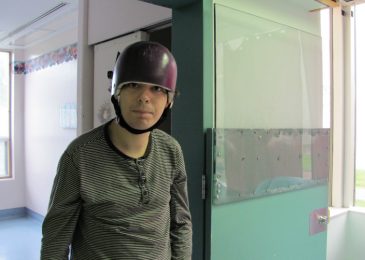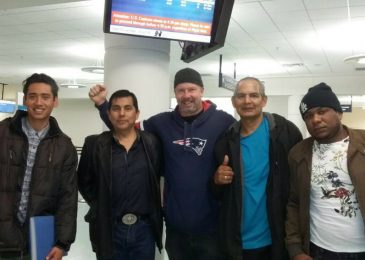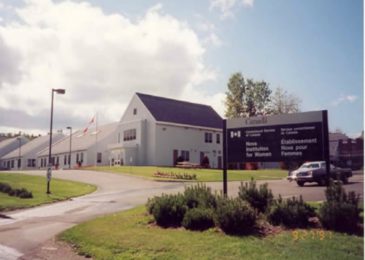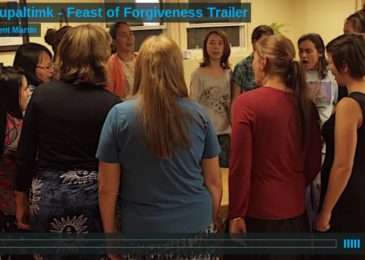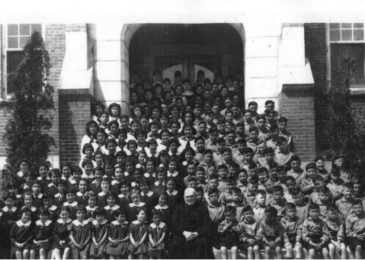I am made to feel like I am a troublemaker. Fighting for your child at the Nova Scotia Hospital
The recent allegations of abuse against Matthew Meisner, a resident of Emerald Hall at the Nova Scotia Hospital, have been widely reported, including by the NS Advocate. We went back and talked with Matthew’s mother to learn more about the string of incidents that keep her awake at night, and how she finds the strength to continue on when most everybody she deals with just wants her to go away.

